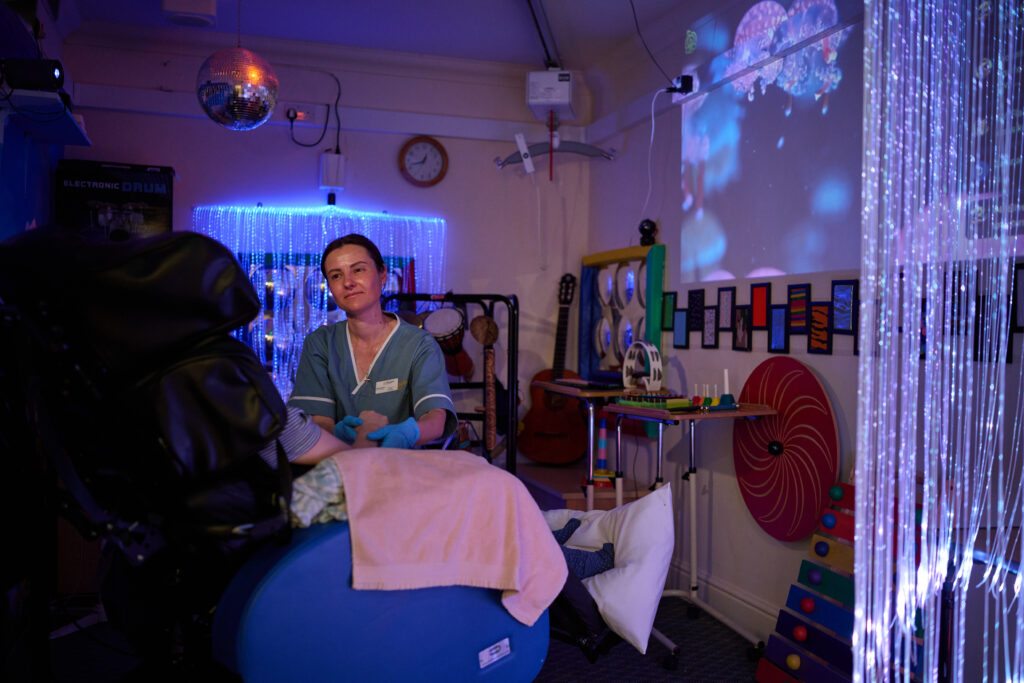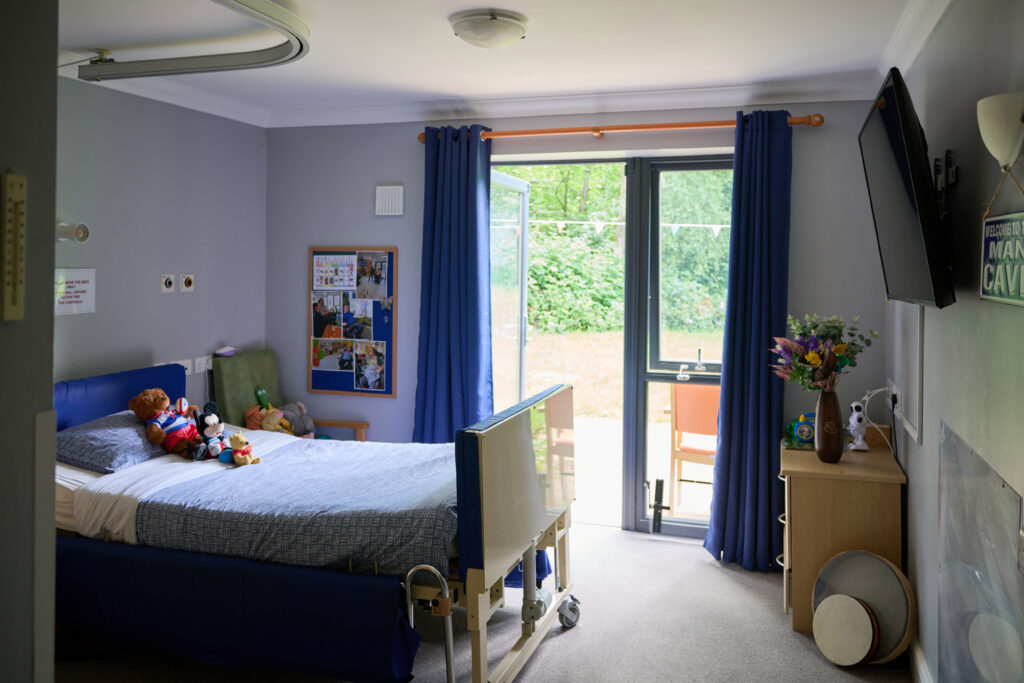Caring for a loved one with a neurological condition can be both rewarding and deeply challenging. Families often face uncertainty about how best to meet physical, emotional, and social needs while helping to preserve independence. Finding the right support is essential, and professional neurological care can make a significant difference.
At Ullswater Cottage Neurological Care Centre, we specialise in supporting people with conditions such as Parkinson’s disease, multiple sclerosis, epilepsy, brain injuries, and other disorders of the nervous system. This guide explains what neurological care involves, why personalised planning is vital, and how long-term and respite care can help improve quality of life.


Understanding Neurological Care
What Neurological Care Involves
Neurological care focuses on supporting people with conditions affecting the brain, spinal cord, or nerves. Each condition is unique and may present physical, cognitive, or behavioural challenges. Our aim is to improve day-to-day wellbeing, encourage independence, and provide reassurance for families.
A complete care programme may include:
- Medication management and ongoing health monitoring
- Access to physiotherapy, occupational therapy, and speech therapy
- Emotional and psychological support through counselling and activities
- Education for families to help them understand and manage the condition at home
This holistic approach ensures that care is responsive and adapts as needs change over time.


The Role of a Care Plan
A neurological care plan is a personalised roadmap designed around each individual’s requirements. It takes into account medical needs as well as personal routines, preferences, and aspirations. For instance, someone living with Parkinson’s may need daily physiotherapy alongside opportunities for social connection, while a person with multiple sclerosis may benefit from tailored exercise sessions and additional psychological support.
Care plans are regularly reviewed so they continue to reflect the person’s evolving condition. This proactive approach ensures support remains effective and enables people to live with dignity and as much independence as possible.
Types of Care Services
Nursing Care
Specialist nursing care ensures round-the-clock support from trained professionals who understand the complexity of neurological conditions. Care is always tailored to the person, taking into account their physical, psychological, and social wellbeing.
Examples of nursing support include:
- Medication administration and symptom monitoring
- Physiotherapy, occupational therapy, and speech therapy
- Mental health support and counselling
- Help with personal care, meals, and mobility
Respite Care
Respite care provides short-term support either after a hospital stay or when family caregivers need time to rest. It offers reassurance that loved ones are safe, supported, and cared for while giving primary carers a valuable opportunity to recharge.
Benefits of respite care include:
- A safe and nurturing environment with professional care
- Recovery and rehabilitation support
- Peace of mind for families during breaks or emergencies


A Person-Centred Approach
Every person is different, which is why our care is always shaped by individual needs and preferences. This might include incorporating hobbies into therapy, adjusting meal plans to suit dietary requirements, or choosing activities that bring joy and a sense of purpose.
By placing the individual at the heart of every decision, we ensure that care promotes dignity, confidence, and better health outcomes.
Supporting Independence and Quality of Life
The purpose of neurological care is not only to manage symptoms but also to help individuals enjoy fulfilling lives. Someone with epilepsy, for example, may require seizure management strategies and emotional support to reduce anxiety, while others may benefit from tailored therapies that maintain strength and confidence.
Regular reviews, compassionate staff, and ongoing family involvement all play a part in helping people feel empowered and valued.


Activities and Programmes
Engaging activities are an important part of neurological care. They encourage social interaction, support cognitive function, and help maintain mobility.
Examples of activities include:
- Memory exercises and puzzles
- Gentle group exercise and physiotherapy
- Social events, outings, and family-friendly activities
Training for Caregivers
Providing care for people with neurological conditions requires specialist knowledge. Ongoing training ensures our staff remain up to date with the latest therapies and best practices.
Training focuses on:
- Understanding different neurological conditions
- Advanced techniques for physical and emotional support
- Emergency preparedness and response


Neurological Care at Ullswater Cottage Care Centre
At Ullswater Cottage, we are dedicated to creating a safe, supportive, and enriching environment for individuals with neurological conditions. Our services include:
- Bespoke care plans tailored to individual needs
- 24/7 professional nursing support
- Short-term and long-term respite care options
- A holistic approach that supports physical, emotional, and social wellbeing
- Continuous staff training to ensure the highest quality of care
Choosing professional support can ease the burden on families while providing loved ones with the specialist care they need. To find out more about neurological care at Ullswater Cottage, please contact our friendly team today.
